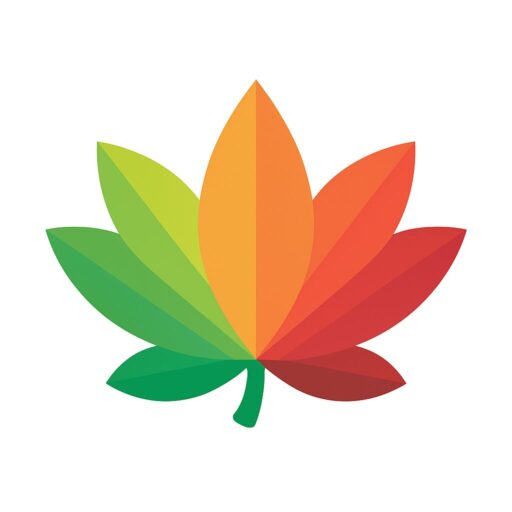
Thought-Provoking Classics on Understanding Behavior
These books offer an eclectic approach to personal development—the non-fiction titles provide practical frameworks and research-based insights, while the fiction selections allow readers to explore growth themes through compelling narratives and characters who face universal human challenges. Together, they create a well-rounded reading list for anyone seeking to understand themselves better and develop their true potential.
This diverse collection spans Western, Eastern, and Islamic intellectual traditions, demonstrating that wisdom about human nature, ethics, and personal development emerges from all cultures. Machiavelli’s pragmatic insights complement Confucius’s emphasis on virtue and social harmony, while Ibn Khaldun’s sociological observations provide a unique perspective on how individuals function within larger historical forces. Together, these works show that the pursuit of wisdom and self-improvement is a universal human endeavor that transcends geographical and cultural boundaries.
Here are 10 excellent books for personal growth, emphasizing historical wisdom from diverse cultures:
Non-Fiction Personal Growth Books (Pre-19th Century)
1. “The Prince” by Niccolò Machiavelli (1513) Beyond its reputation for ruthless political advice, this Renaissance masterwork offers profound insights into leadership, human nature, and the relationship between idealism and pragmatism. Machiavelli’s observations about power, adaptability, and strategic thinking remain relevant for anyone navigating complex social situations.
2. “The Analects” by Confucius (5th century BCE) A collection of sayings and teachings that form the foundation of Confucian philosophy. These conversations between Confucius and his disciples explore virtue, social harmony, filial piety, and the cultivation of character through lifelong learning and self-reflection.
3. “The Muqaddimah” by Ibn Khaldun (1377) This groundbreaking work by the Arab historian and philosopher introduces concepts that would later influence sociology and economics. Ibn Khaldun’s insights into social cohesion, leadership, education, and the rise and fall of civilizations offer timeless wisdom about human societies and personal development within them.
4. “The Consolation of Philosophy” by Boethius (524 CE) Written while imprisoned and awaiting execution, this dialogue between Boethius and Lady Philosophy explores how to find meaning and maintain virtue in the face of suffering and injustice.
5. “Letters from a Stoic” by Seneca (1st century CE) Seneca’s letters to his friend Lucilius offer practical advice on everything from friendship and wealth to anger management and facing death. His wisdom on living well transcends time and culture.

Classic Fiction for Personal Growth
1. “The Divine Comedy” by Dante Alighieri (1308-1320) Dante’s journey through Hell, Purgatory, and Paradise is an allegory for the soul’s journey toward God and self-knowledge. It explores themes of redemption, justice, and the power of love.
2. “Don Quixote” by Miguel de Cervantes (1605-1615) Often considered the first modern novel, this tale of an idealistic knight-errant examines the tension between dreams and reality, the power of imagination, and the nobility of pursuing impossible dreams.
3. “The Canterbury Tales” by Geoffrey Chaucer (1387-1400) Through diverse pilgrims’ stories, Chaucer creates a tapestry of human nature, exploring themes of morality, social class, love, and redemption while revealing the complexity of human motivations.
4. “The Odyssey” by Homer (8th century BCE) Odysseus’s ten-year journey home becomes a metaphor for life’s challenges, the importance of perseverance, loyalty, and wisdom. The epic explores themes of identity, homecoming, and what it means to be human.
5. “The Golden Ass” by Apuleius (2nd century CE) The story of a man transformed into a donkey and his eventual redemption through the goddess Isis is both adventure and spiritual allegory, exploring themes of curiosity, transformation, and divine grace.
